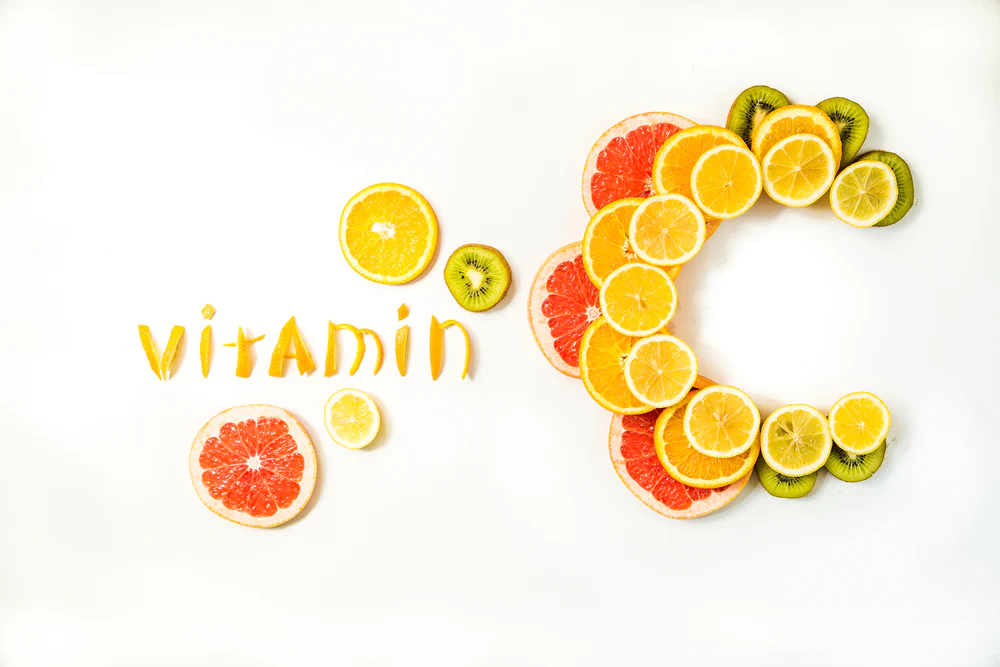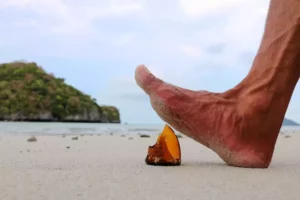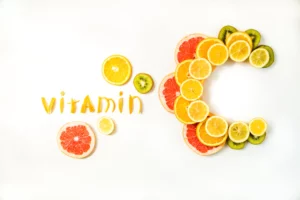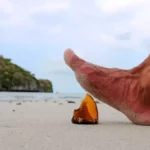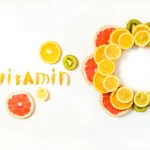Taking Vitamin C is essential for maintaining health. It can help in growth, development, and supporting the immune system.
But how much vitamin C is essential for kids at different ages? And what’s the best way to consume it so your kid’s got the most benefit from the vitamin C they’re receiving? The answer to these questions is what we’ll address in this article.
So, let’s start by discussing the importance of Vitamin C for kids.
Why is Vitamin C Important for Kids?
Another name for Vitamin C that you might find in medicines and supplements is Ascorbic Acid. It is an essential part of the human body’s functioning. But our body doesn’t produce it; we must take it from external sources to fulfill our needs.
Here are the main bodily functions where the role of vitamin C or Ascorbic Acid becomes prominent:
Immune System Support
Vitamin C can enhance the body’s production of white blood cells. The white blood cells are an integral part of fighting against infections and pathogens. Also, the overall functionality of the immune system (consisting of neutrophils, lymphocytes, and phagocytes) is increased, lowering the response time to a pathogenic invasion.
Growth and Repair
Vitamin C is also part of the collagen production. Collagen is a protein that supports the growth of cells and tissues. So, adequate amounts of Vitamin C can ensure that all the body cells are active and participating in the growth and development of muscles, bones, and teeth.
Enhances Iron Absorption
Ascorbic Acid is also required to absorb the iron in the body as iron is required for blood production. So, having adequate quantities of Vitamin C and iron together makes it possible to avoid iron deficiency anemia, which is common in children with unhealthy eating habits.
Acts as an Antioxidant
Free radicals can occur in the body because of many reasons. If the immune system damages them in time, they are considered a normal process and do not cause any harm to the body. The presence of Vitamin C is essential to make this happen. As an antioxidant, it can save healthy cells from the damage caused by free radicals, contributing to overall health.
Recommended Daily Intake of Vitamin C for Kids:
To ensure you get all the benefits stated above, you must provide your kid with the recommended daily dosage of Vitamin C.
The age of your child will determine the daily recommended intake of Vitamin C. Here’s the recommended dosage for different ages according to the guidelines provided by the Food and Nutrition Board of the Institute of Medicine:
- Infants (7-12 months): 50 mg/day
- Children (1-3 years): 15 mg/day
- Children (4-8 years): 25 mg/day
- Children (9-13 years): 45 mg/day
- Teenagers (14-18 years): 65-75 mg/day (boys), 65-75 mg/day (girls)
Vitamin C-Rich Foods for Kids:
Now you must be wondering about different natural sources that could help you fulfill your children’s daily Vitamin C needs.
Here are a few common fruits and vegetables that we always have around us. You need to make sure that your child eats them too:
Citrus fruits – Oranges, lemons, grapefruits, and tangerines are excellent sources of vitamin C.
Berries– Strawberries, blueberries, raspberries, and blackberries are delicious and packed with vitamin C.
Kiwi – This small, fuzzy fruit is a powerhouse of vitamin C and other essential nutrients.
Papaya – It is a tropical fruit rich in vitamin C and aids digestion.
Bell peppers: Colorful bell peppers, especially the red ones, are packed with vitamin C.
Broccoli – This green cruciferous vegetable is not only a good source of fiber but also contains a significant amount of vitamin C.
Tomatoes: Whether eaten fresh or in tomato sauce or soup, tomatoes provide a decent dose of vitamin C.
Leafy Vegetables – Include spinach, kale, and Swiss chard in your child’s diet to boost their vitamin C intake.
Tips for Ensuring Sufficient Vitamin C Intake:
To help you get the most benefit out of the Vitamin C foods, here are a few tips:
- Do not force the children only to consume a particular type of fruit or vegetable, as they’ll lose interest.
- Choose fresh fruits and vegetables over the packed ones
- Try incorporating vitamin-rich food into snacks or drinks. Kids can consume them more easily.
- You can involve children in making food for them so they are inclined toward nutritious foods.
- Avoid excessive cooking, as it can destroy vitamin C.
Conclusion:
Complying with the daily vitamin dosage for your kids can ensure their healthy growth and development. You must prioritize using natural foods as part of your daily routine to reach the recommended dosage levels. However, if you think you cannot fulfill the daily limit, you can consult the doctor for good supplements.
If you are in Chicago and need advice about Vitamin C supplement intakes, you can book your appointment at Family Urgent Care Clinic to visit in chicago, where our professional staff can help you in the best possible way.







